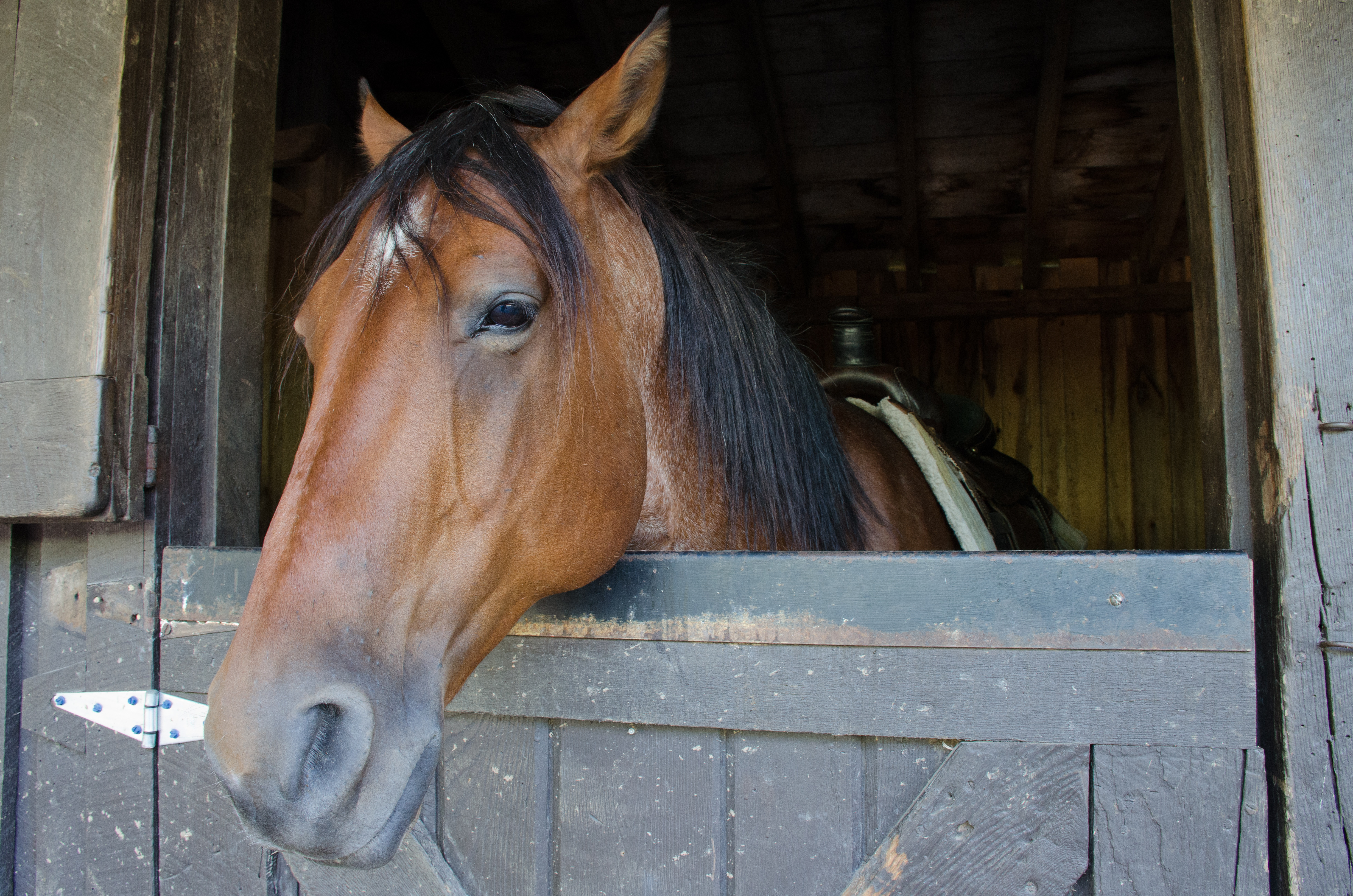One of the first things to do when you suspect your horse isn’t feeling well is take his temperature. An elevated body temperature, commonly called a “fever,” can be an early indication of viral or bacterial infection. Here’s what you need to know about fever in horses.

Normal body temperature for horses can range between 98 and 100 degrees. Some horses naturally run hotter than others, but individuals tend to be fairly consistent day to day. That’s why it’s helpful to get a baseline for your horse’s temperature when he is healthy. If you don’t already, make it a habit to take his temperature once or twice a month, just to keep tabs on his normal readings.
A slightly elevated temperature—100 to 102 degrees Fahrenheit—may not be cause for concern if the horse otherwise looks healthy and behaves normally. It’s possible he’s still warm from recent exercise, being over blanketed or even just standing in a sunny spot. This is called hyperthermia, as opposed to fever, and your horse’s temperature will return to normal once his situation changes. If your horse looks withdrawn, is refusing feed or otherwise seems ill, how-ever, let a little time pass and then take his temperature again. If the fever is sustained, touch base with your veterinarian.
Click here to learn more about the different types of NSAIDs
Your veterinarian will try to determine the source of the fever. Has the horse been coughing? Has he had any recent injuries? Does he have diarrhea? All of these are potential clues to the body system affected and/or the nature of the infection. If the fever is slight, no treatment may be needed—lowering a fever that is part of the immune system’s response to a challenge may actually prolong a minor illness.
If your horse’s temperature reaches 103 degrees or higher, call your veterinarian no matter what. A high fever can be an indication of serious disease, such as Potomac horse fever or endotoxemia, and early intervention can be critical to survival. If his temperature is approaching 106, start arranging for a trailer to get your horse to a clinic if your veterinarian can’t get there immediately. A fever that high can, by itself, damage crucial tissues and organs
Don’t miss out! With the free weekly EQUUS newsletter, you’ll get the latest horse health information delivered right to your in basket! If you’re not already receiving the EQUUS newsletter, click here to sign up. It’s *free*!








